The ESP-01S is a small, low-cost Wi-Fi module based on the ESP8266 system-on-a-chip (SoC) from Espressif Systems. It’s a popular choice for Internet of Things (IoT) projects and for adding Wi-Fi connectivity to microcontrollers like the Arduino.
Here’s a breakdown of its key features and characteristics:
Core Features:
- ESP8266EX Microcontroller: At its heart is a powerful 32-bit low-power CPU with a clock speed of up to 160 MHz.
- Integrated Wi-Fi: Supports 802.11 b/g/n Wi-Fi standards (2.4 GHz).
- TCP/IP Protocol Stack: Includes a built-in TCP/IP stack, enabling internet connectivity.
- Operating Modes: Supports various Wi-Fi modes:
- Station (STA): Connects to an existing Wi-Fi network (like a client).
- Access Point (AP): Can create its own Wi-Fi network, allowing other devices to connect to it.
- STA+AP: Can function as both a client and an access point simultaneously.
- Memory: Typically features 1MB of flash memory for storing firmware and data (some versions may have more, e.g., 4MB).
- Serial Communication: Primarily communicates via UART (Universal Asynchronous Receiver/Transmitter), making it easy to interface with microcontrollers.
- GPIO Pins: Offers a limited number of General Purpose Input/Output (GPIO) pins for interacting with sensors, actuators, and other peripherals (typically 2-4 are easily usable).
- Low Power Consumption: Designed for low power applications, with deep sleep modes to conserve energy.
- AT Command Set: Usually comes pre-programmed with an AT command set firmware, allowing control via simple serial commands. It can also be programmed directly using the ESP8266 SDK or Arduino IDE.
- Compact Size: Its small form factor makes it suitable for space-constrained projects.
Key Differences from the ESP-01:
- Flash Memory: The ESP-01S often has more built-in flash memory (typically 1MB) compared to the original ESP-01 (often 1Mbit or 128KB).
- LED: The ESP-01S typically has a single blue LED connected to GPIO2, whereas the ESP-01 has a red power LED and a blue LED connected to the TX pin.
- Pull-up Resistors: The ESP-01S often includes internal pull-up resistors on some key pins (like RST, GPIO0, CH_PD), which can improve stability and simplify circuit design.
- Antenna Design: The PCB layout around the antenna is often improved in the ESP-01S for better Wi-Fi performance.
Pinout:
The ESP-01S typically has 8 pins arranged in a 2×4 configuration with 2.54mm (0.1″) spacing, though it’s not breadboard-friendly in this arrangement. Common pins include:
- GND: Ground
- GPIO2: General Purpose Input/Output pin (often connected to the on-board LED)
- GPIO0: General Purpose Input/Output pin (also used to put the ESP8266 into flash programming mode)
- RST (or EXT_RSTB): Reset pin (active low)
- CH_PD (or EN): Chip Enable pin (active high)
- TXD: Transmit pin for UART communication
- RXD: Receive pin for UART communication
- VCC: Power supply pin (3.3V)
Applications:
The ESP-01S is widely used in various IoT and DIY projects, including:
- Smart home devices (lighting, switches, sensors)
- Wireless sensor networks
- Remote control systems
- Wi-Fi to serial bridges
- DIY automation projects
Important Considerations:
- Power Supply: Requires a stable 3.3V power supply with sufficient current (typically >250mA, especially during Wi-Fi transmission). Do not power it directly from a 5V Arduino pin without a voltage regulator.
- Logic Levels: Operates at 3.3V logic levels. Level shifting may be required when interfacing with 5V microcontrollers to avoid damage.
- Breadboard Use: The pin arrangement is not ideal for direct breadboard use. Adapter boards or careful wiring with jumper cables are usually necessary.
- Limited GPIOs: The small number of easily accessible GPIO pins can be a limitation for more complex projects requiring many connections.
In summary, the ESP-01S is a versatile and cost-effective Wi-Fi module that provides a simple way to add wireless connectivity to your projects. Its updated design compared to the ESP-01 often offers improved performance and stability.
You must be logged in to post a review.

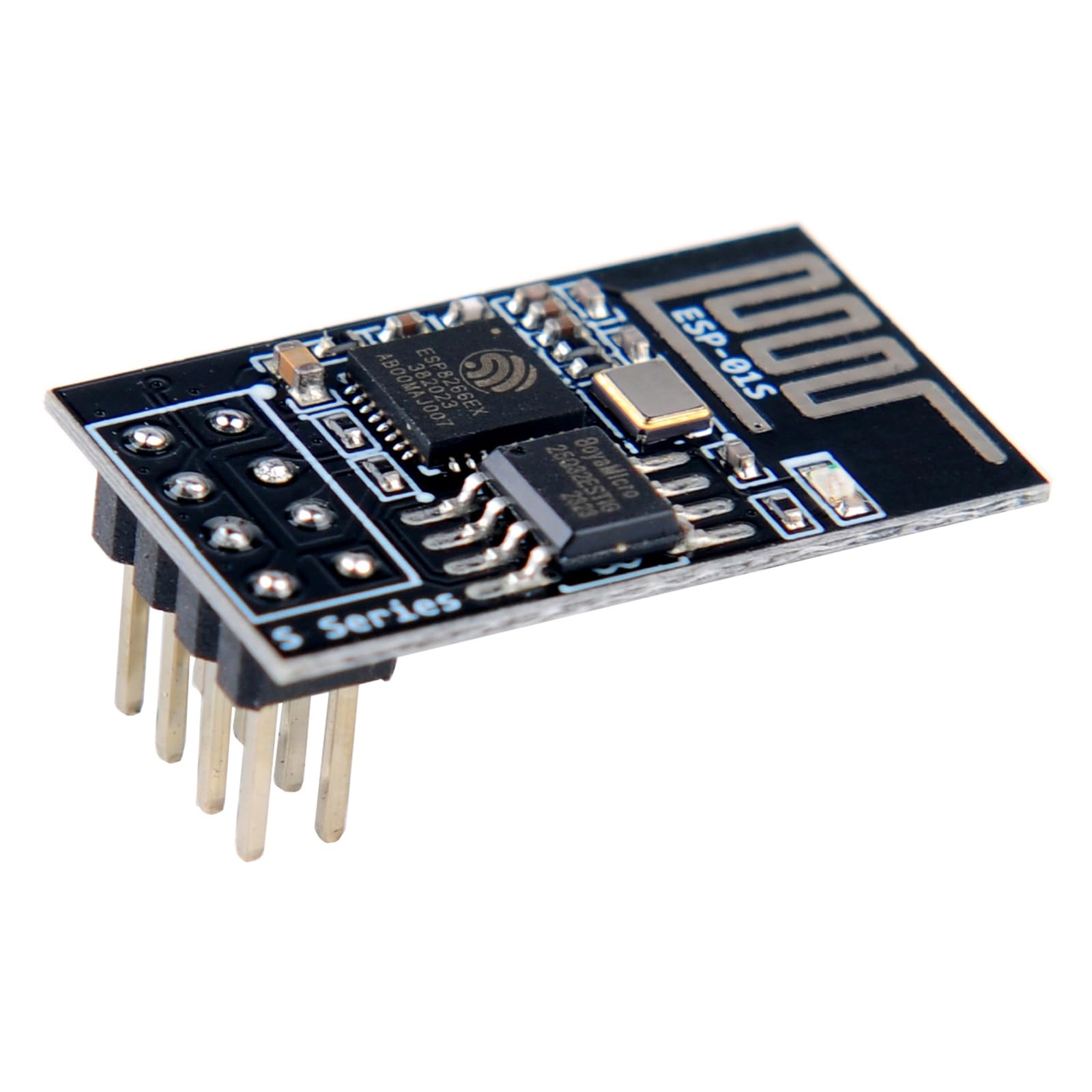
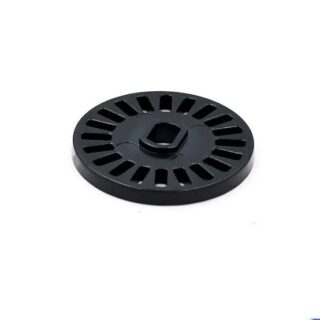
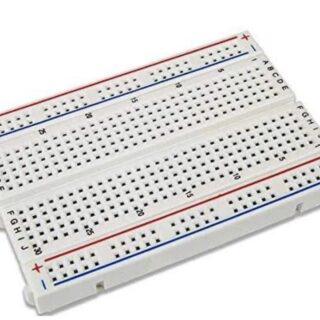
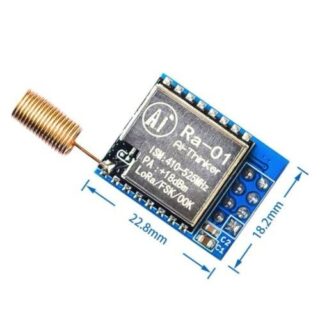
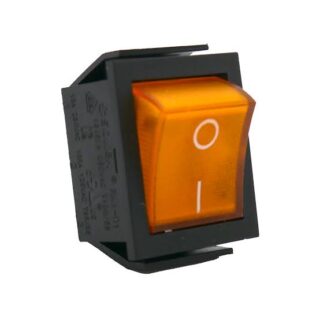
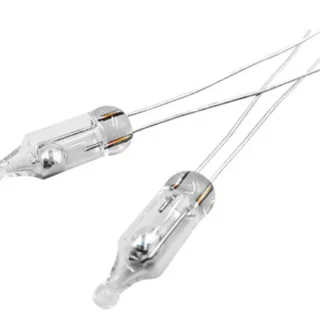

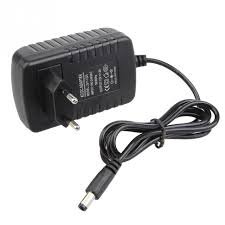
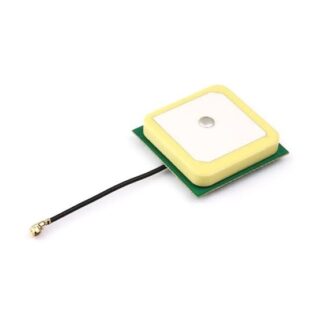

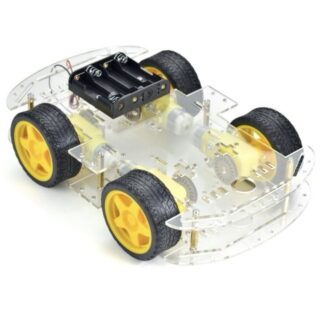
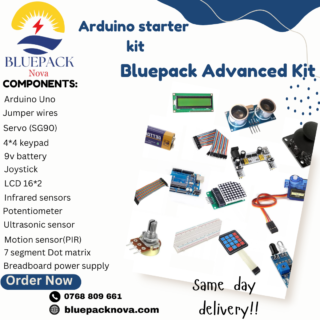
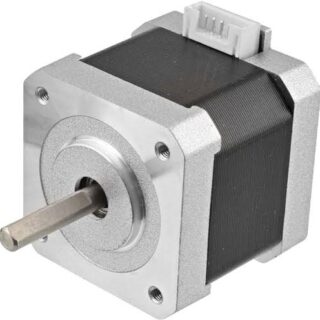

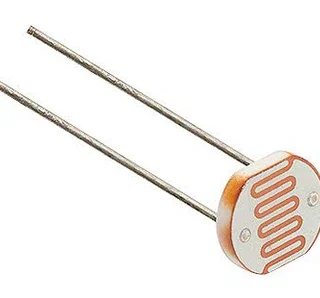

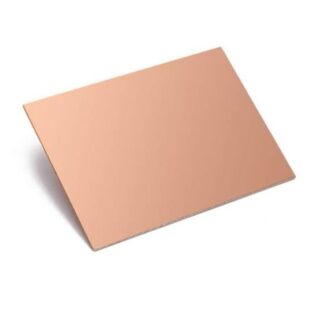
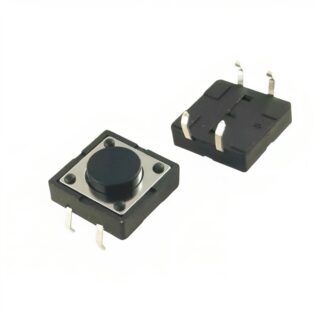
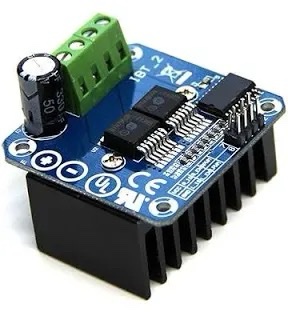
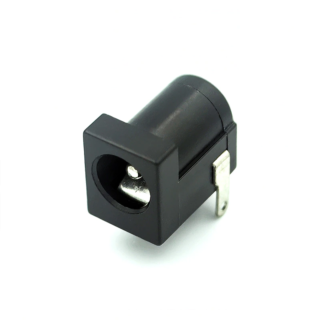
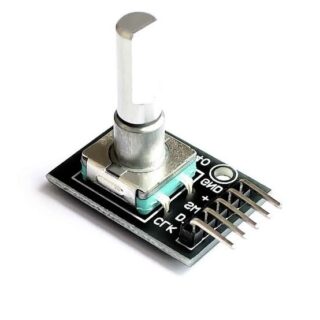

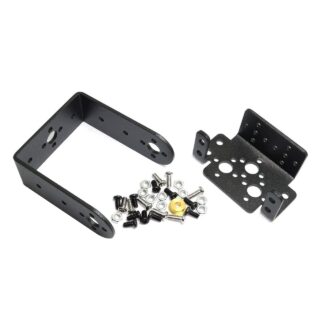


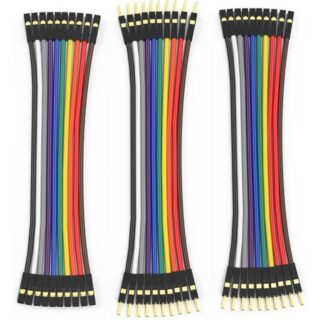
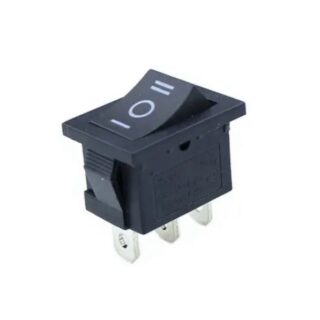

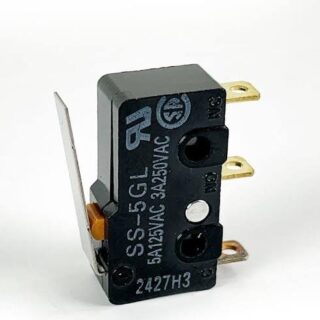
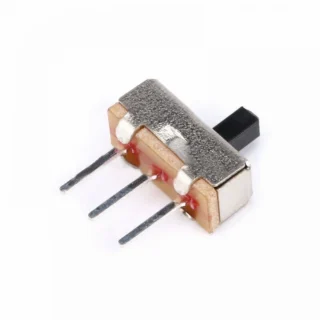
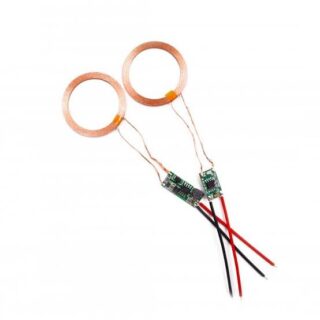
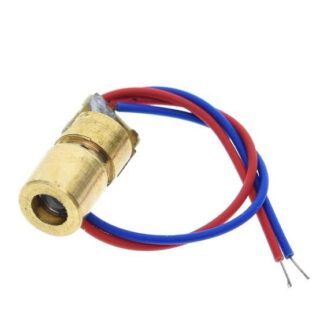
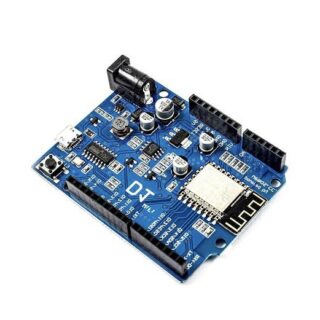
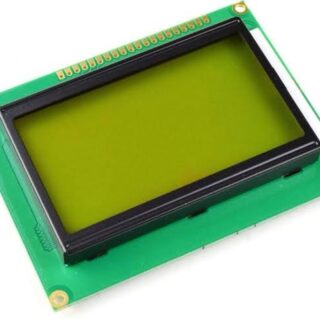
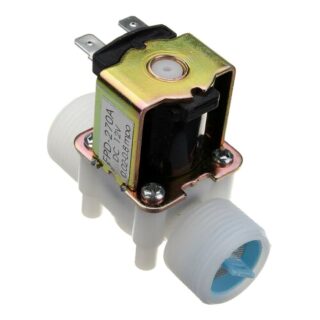
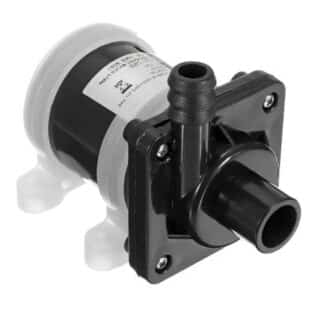
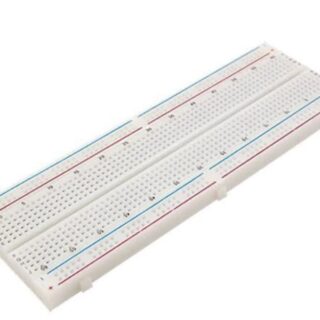


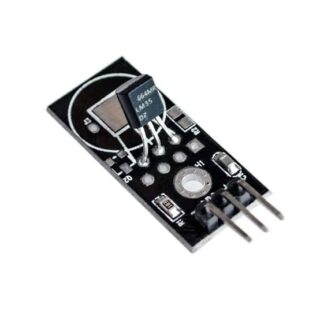
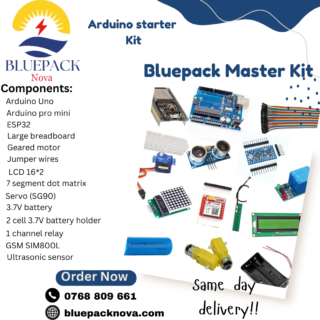
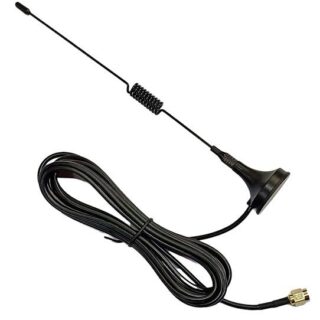
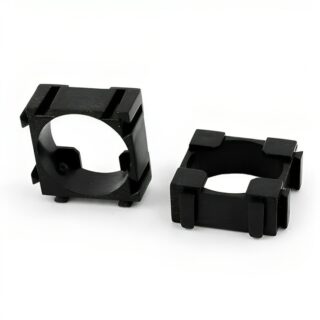
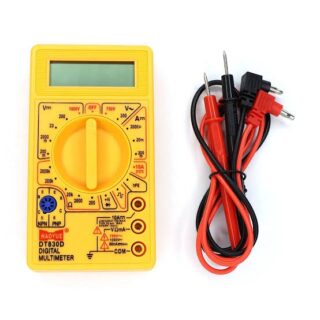

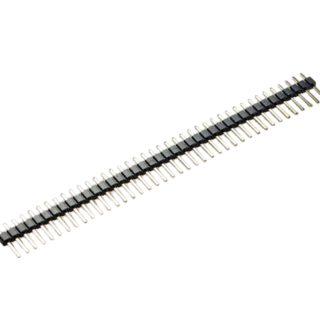
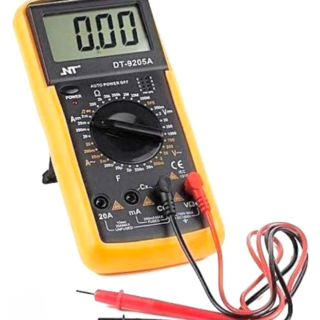
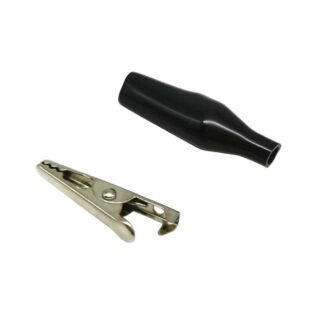
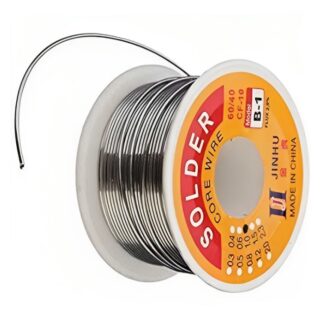

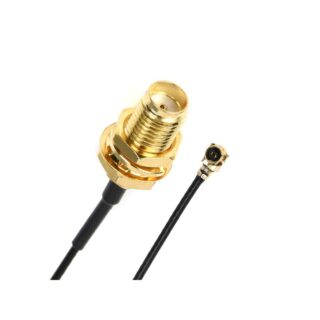
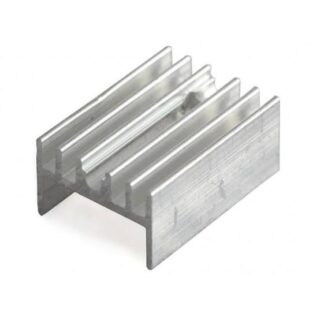
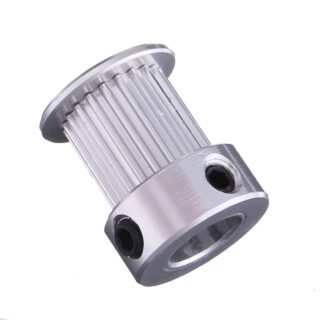

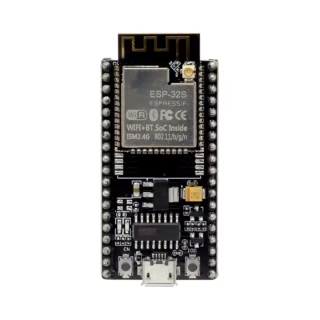
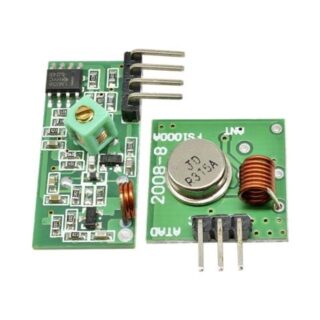
Reviews
There are no reviews yet.